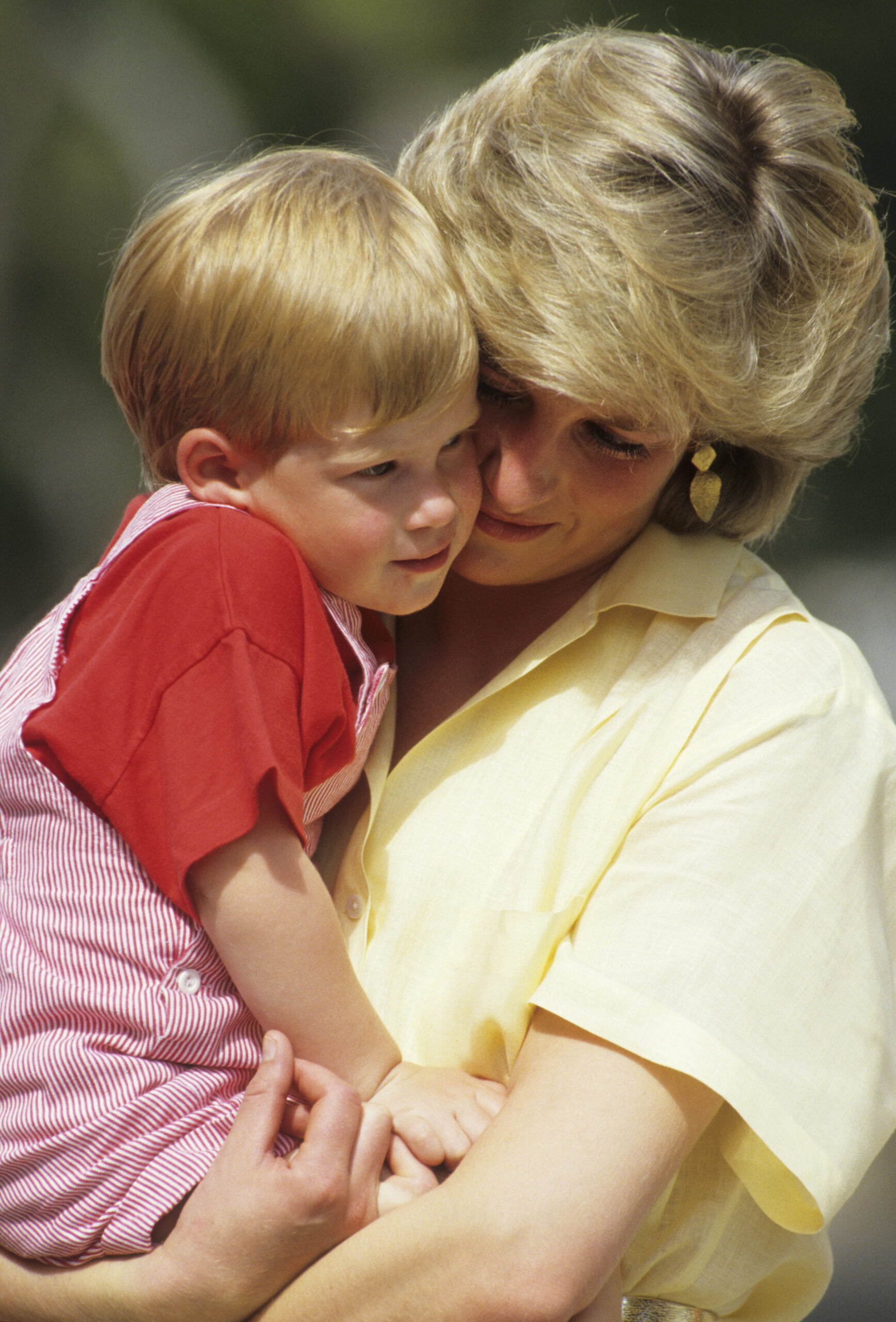A lot of people are choosing not to have a funeral service when someone close to them dies.
But skipping the farewell could lead to issues later on because it’s an important part of the grieving process.
Christchurch funeral director Tony Garing says requests to forgo a service and proceed straight to the cremation or burial are becoming more common.
“We get families who just want a cremation, with no service. It’s definitely a growing trend – 18-20% of funerals could be going that way.
“But what we have discovered over the years is that having a funeral service gives family, friends and the community the chance to say goodbye, which is an important step in dealing with loss.”
Tony says there are various reasons why people opt not to have a funeral. They might be so grief-stricken they feel that they can’t face it, or there could be other emotions surrounding the death, like anger.
“They might decide to have either a very basic service with only a few people, or no service at all, because it suits how they are feeling at the moment. But experience has shown us that months or even years down the track, that is a decision they may come to regret.
“We’ve had people come to funerals for someone else who start thinking about the fact that they didn’t give Mum or Dad a service when they died 10 or 20 years ago. They realise that not saying goodbye has affected their feelings about that person and their death, and they feel like they haven’t had closure. It can almost be like denying the death.”
In some cases, people don’t like the idea of having a religious service, so they decide not to have one at all.
“You don’t have to have a religious service if that is not appropriate. Increasingly, services tend to be a celebration of the person’s life – you can wear bright clothes or tell jokes if you want. And if you make it a personal tribute to the person who died, it can be very uplifting.”
Family members who decide not to hold a service, or to have a very small and basic one, are often unaware that they’re depriving others of the chance to farewell someone special to them.
“We’ve had people ring up and say, ‘I know it is a private funeral, but I knew the deceased for 30 years and I really want to say goodbye.’ Often not having a funeral can have an impact on people in the wider community.”
Then there are the cases of people who instruct their families not to hold a funeral for them because they don’t want a fuss.
“It’s all very well to say that, but often the people who are left behind when you’ve gone need a fuss. They need to say goodbye with a funeral.
“While a funeral is about the deceased, it is also for the family and friends. It’s a chance to express your feelings, and going through the ritual of planning and holding a funeral can help you to come to terms with losing the person.”
For more information about John Rhind Funeral Directors, visit johnrhind.co.nz




